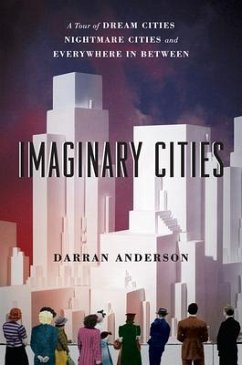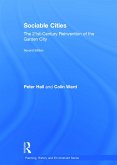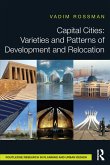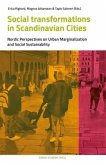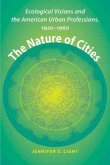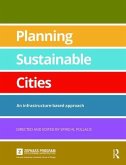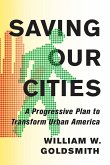How can we understand the infinite variety of cities? Darran Anderson seems to exhaust all possibilities in this work of creative nonfiction. Drawing inspiration from Marco Polo and Italo Calvino, Anderson shows that we have much to learn about ourselves by looking not only at the cities we have built, but also at the cities we have imagined. Anderson draws on literature (Gustav Meyrink, Franz Kafka, Jaroslav Hasek, and James Joyce), but he also looks at architectural writings and works by the likes of Bruno Taut and Walter Gropius, Medieval travel memoirs from the Middle East, mid-twentieth-century comic books, Star Trek, mythical lands such as Cockaigne, and the works of Claude Debussy. Anderson sees the visionary architecture dreamed up by architects, artists, philosophers, writers, and citizens as wedded to the egalitarian sense that cities are for everyone. He proves that we must not be locked into the structures that exclude ordinary citizens--that cities evolve and that we can have input. As he says: "If a city can be imagined into being, it can be re-imagined as well."

